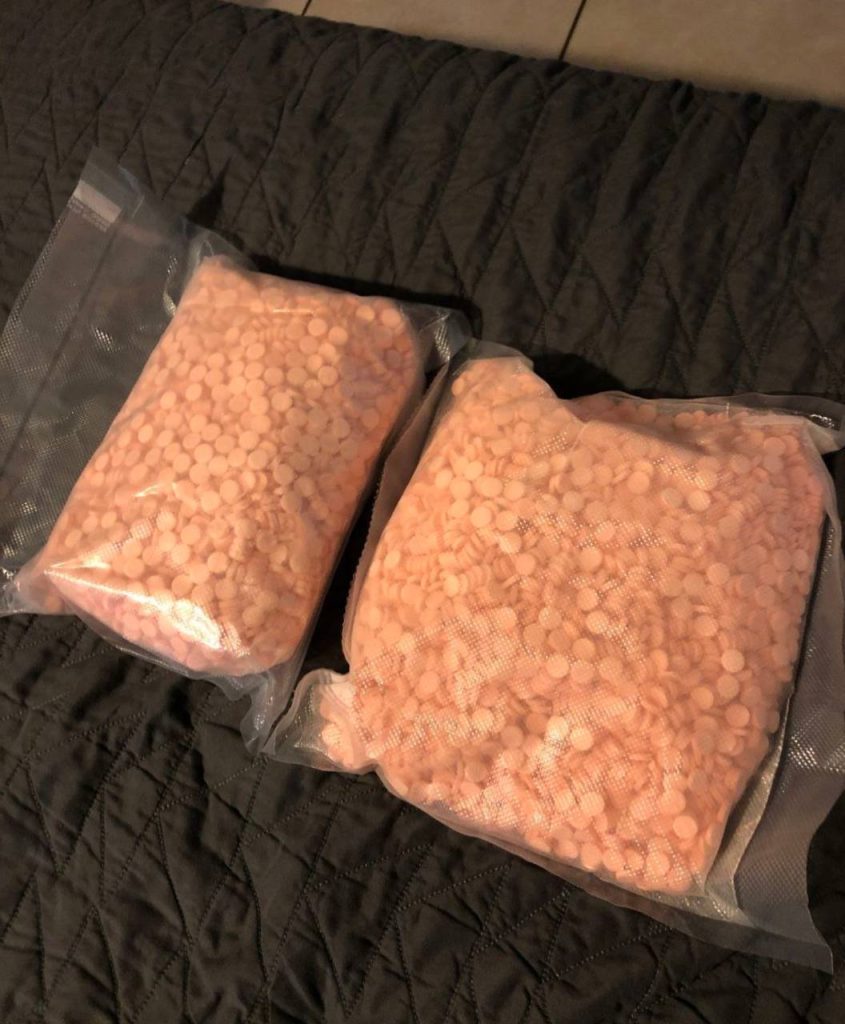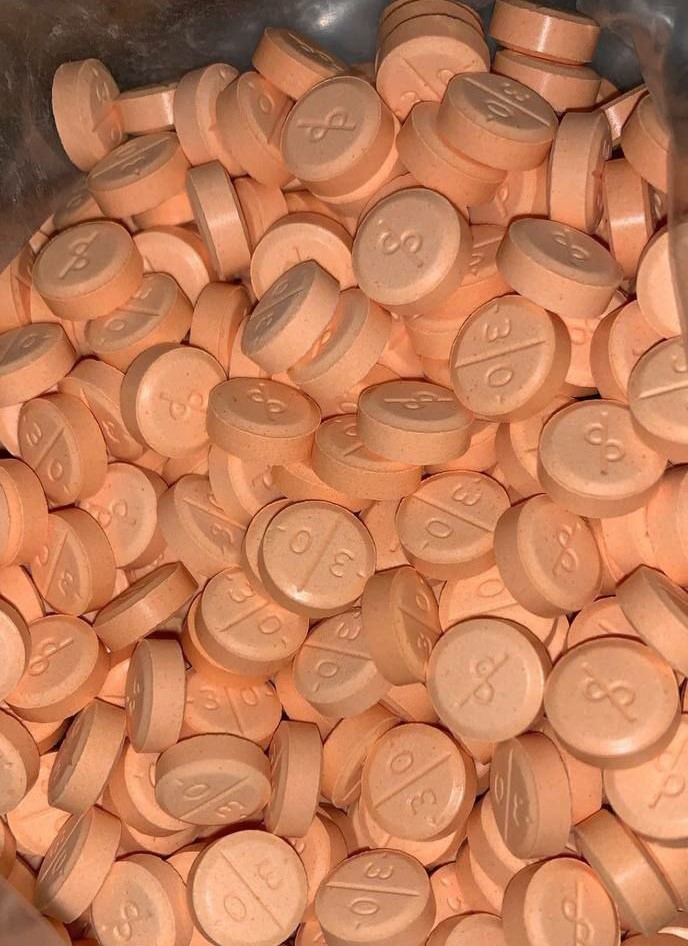
What is ADHD?
ADHD is a medical term that represents attention-deficit hyperactivity disorder. This disorder is a mental health condition in which a person has differences in brain development and brain activity that affects attention and self-control. In the beginning, ADHD was formerly known as ADD( attention-deficit disorder).
Attention-deficit hyperactivity disorder occurs with the symptoms of impulsivity, hyperactivity, and inactiveness. Commonly ADHD disorder is known as a neurodevelopmental disorder most commonly diagnosed in children.
ADHD problems can occur in both children and adults, but usually, the symptoms start to show from childhood. People with ADHD feel changes in energy level, inattention, and inactiveness in their studies, work, and daily life activities.
ADHD in Adults
Throughout history, attention-deficit hyperactivity disorder (ADHD) was predominantly regarded as a condition affecting children; however, contemporary understanding acknowledges it as a lifelong disorder that extends into adulthood. Research indicates that over 60% of children exhibiting symptoms of ADHD continue to manifest these signs in adulthood.
While hyperactive symptoms in many children may diminish with age, impulsivity and inattention frequently persist into later life. Adults diagnosed with ADHD often encounter challenges in various areas, including time management, sustaining focus on singular tasks, adhering to instructions, maintaining employment, organizing their lives, and establishing realistic goals.
In the United States, approximately 4% to 5% of adults are diagnosed with attention-deficit hyperactivity disorder. Nonetheless, a significant number of adults remain undiagnosed and untreated. The absence of appropriate intervention for those with attention-deficit disorder may adversely affect numerous facets of their lives.
What are the symptoms and signs that occur in adults with ADHD?
Several numbers of behavioral problems are associated in adults with attention-deficit hyperactivity disorder(ADHD). Some common symptoms of this disorder are as follows:
- Forgetfulness regarding the daily activities
- Easily get distracted
- Trouble in staying still
- Forgetfulness about completing the task
Different adults with ADHD can have different signs and symptoms that can be specific to every person. The specificity of symptoms depends on the excessiveness of hyperactivity, inactiveness, and impulsivity.
An adult with hyperactivity type of ADHD have the following types of symptoms:
Have difficulty sitting still and remaining seated like in the classroom
- Have difficulty sitting still and remaining seated like in the classroom
- Talk excessively
- Interpreting frequently
- Low frustration tolerance
- Have problem waiting their turn
- Suddenly disturb others while they are speaking
One who has the inactiveness type of ADHD can feel these types of symptoms:
- Difficulty getting started and completing the tasks
- Feel difficulty to make focus while studying, reading, and holding down a conversation
- Have problem being organized
- Poor time management and organizing skills
If you have any symptoms from them, you do not need to worry about it. Nowadays, the best treatment is available for ADHD that you will read below.
What are the challenges adults face with ADHD?
If you have ADHD, you may face these challenges are as follows;
- Anxiety
- Depression
- Trouble concentrating while reading
- Trouble controlling anger
- Problems at work
- Low self-esteem
- Mood swings
- Low motivation
- Relationship problems
- Impact on school or work performance
You can feel these challenges all the time, or occasionally it depends on the type and severity of the ADHD in a particular individual.
What causes ADHD in adults?
Current research indicates that genetic and neurological factors play a significant role in the etiology of Attention Deficit Hyperactivity Disorder (ADHD). Specifically, scientists have identified a reduction in dopamine levels as a contributing factor to the disorder. Dopamine, a crucial neurotransmitter, facilitates the transmission of signals between nerve cells and is instrumental in triggering emotional responses within the brain.
Some other factors that are responsible for causing the ADHD are as follows:
- Alcohol or tobaccos use during pregnancy
- Low birth weight
- Premature delivery
- Brain injury
Various researches also reported that structural differences in the brain also could be a reason for causing ADHD.
How is ADHD diagnosed in adults?

Adults should meet a psychotherapist who has experience in diagnosing and treating people with ADHD. First of all, your doctor will recommend some blood tests and other psychological tests. Ask your question about your health history to the doctor.
In the first step of diagnosis, your doctor will recognize the type of symptoms that you have in the last 4 to 5 months. After that, they try to gather information about your behavior from your family, friends, and college friends.
After recognizing all the symptoms and other health issues, they start the treatment of ADHD. For a better diagnosis, you can also make notes of your behavior and provide them to the pharmacists.
How is ADHD treated in adults?
Attention- deficit disorder can be treated with medications, psychological therapies, and other natural remedies.
Medications for treating ADHD in adults

According to various health professionals, pharmacological interventions can be the most effective approach for addressing this disorder. It is imperative for you and your healthcare provider to collaboratively determine the most suitable medication and establish an appropriate dosing schedule. In the treatment of Attention Deficit Hyperactivity Disorder (ADHD), there are two primary categories of medications utilized.
1. Stimulant medicines
Central nervous system stimulant medications increase the amounts of brain chemicals dopamine and norepinephrine. These types of stimulants also produce paradoxical calming effects in adults with ADHD. These effects decrease hyperactivity and increase the attention span in those adults.
Some popular stimulants for ADHD are as follows:
- Amphetamine based stimulants ( Adderall and Dexedrine)
- Methylphenidate( Metadate, Retaline)
- Dextroamphetamine( Desoxyn)
- Dextromethylphenidate( Focalin)
According to assessments conducted by reputable pharmacists, Adderall is recognized as one of the most effective medications for the treatment of Attention Deficit Hyperactivity Disorder (ADHD). This medication consists of a combination of two active ingredients: amphetamine and dextroamphetamine. Adderall exerts its effects by acting directly on the central nervous system, thereby increasing the levels of neurotransmitters and specific brain chemicals.
This enhancement of neurotransmitter activity contributes to improved attention, concentration, and the ability to remain focused on individual tasks. Individuals seeking relief from symptoms associated with impulsivity, hyperactivity, and attention span can consider acquiring Adderall online. It is essential, however, that the dosage prescribed be tailored to the individual’s medical condition and response to treatment.
It is important to note that, in certain instances, Adderall may have the potential to be habit-forming, leading to physical dependence. Customers may procure Adderall online from our pharmacy at competitive prices, assured of receiving genuine and safe products. Additionally, we offer a complimentary prescription with each item purchased from our establishment.
2. Non-stimulant medications
These medicines work by increasing the level of norepinephrine in the brain. Norepinephrine helps to enhance memory and attention.
For example- antidepressants like nortriptyline
Psychological therapies
Psychological therapy includes talk therapy and behavioral therapy. In talk therapy, you can share your life managing problems with a psychologist. You can ask them how to manage your life. In behavioral therapy, you can take tips on how to manage and monitor your behavior.
Natural remedies
- Doing physical exercise daily
- Take healthy diet
- Using limited screen time
